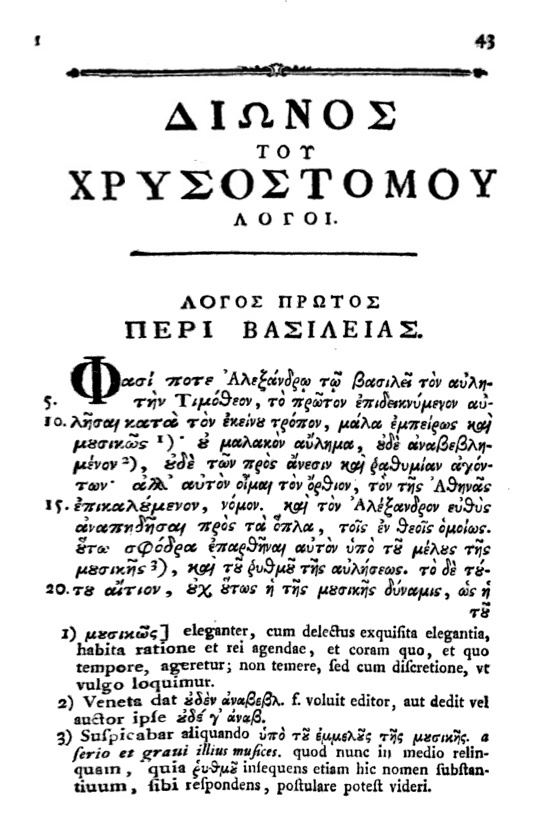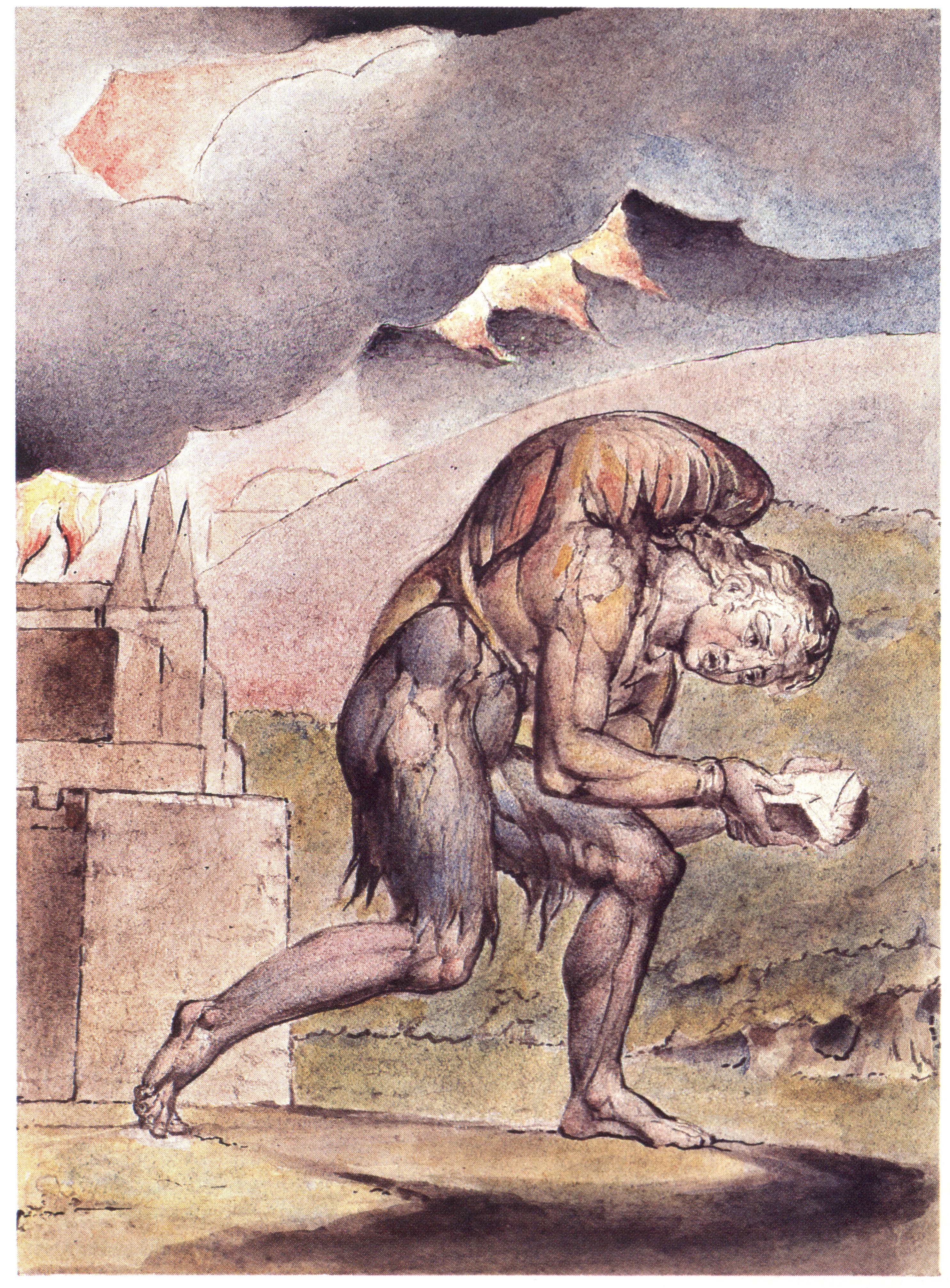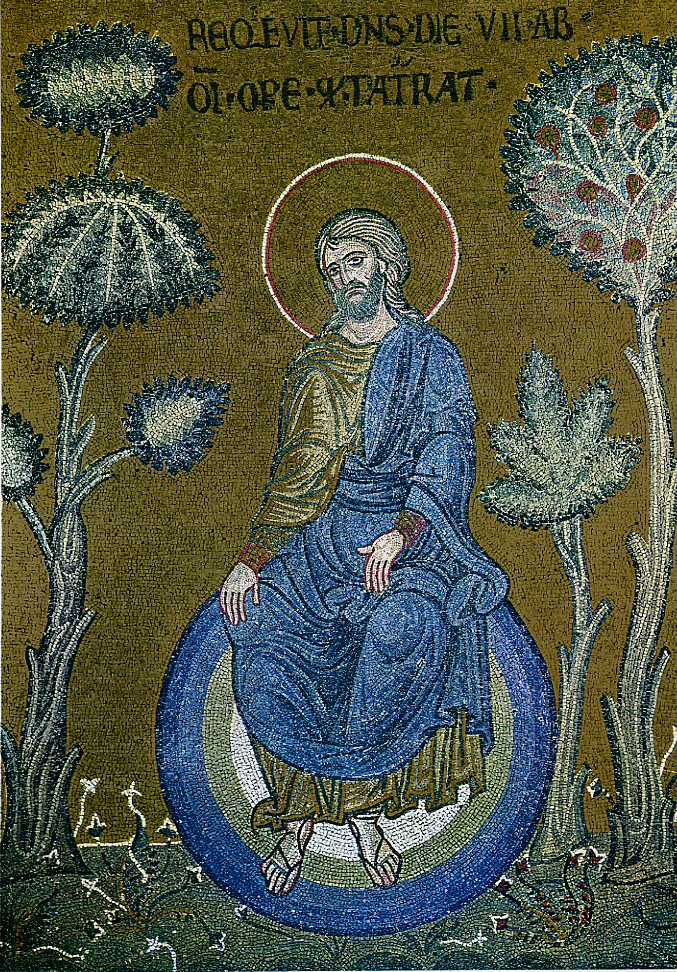|
Cebes Of Thebes
Cebes of Thebes (, ''gen''.: Κέβητος; Debra Nails, (2002), ''The people of Plato: a prosopography of Plato and other Socratics'', page 82.) was an Ancient Greek philosopher from Thebes remembered as a disciple of Socrates. Life Cebes was a disciple of Socrates and Philolaus, and a friend of Simmias of Thebes. He is one of the speakers in the ''Phaedo'' of Plato, in which he is represented as an earnest seeker after virtue and truth, keen in argument and cautious in decision. Xenophon says he was a member of Socrates' inner circle, and a frequent visitor to the hetaera, Theodote, in Athens. He is also mentioned by Plato in the ''Crito'' and ''Epistle'' '' XIII''. Three dialogues, the ''Hebdome'', the ''Phrynichus'', and the ''Pinax'' (Πίναξ) or ''Tabula'', are attributed to him by the ''Suda'' and Diogenes Laërtius. The two former are lost, and most scholars deny the authenticity of the ''Tabula'' on the ground of material and verbal anachronisms. The ''Tablet of Ceb ... [...More Info...] [...Related Items...] OR: [Wikipedia] [Google] [Baidu] |
Debra Nails
Debra Nails (born November 15, 1950) is an American philosophy professor who taught at Michigan State University. Nails earned her M.A. in philosophy and classical Greek from Louisiana State University before going on to earn a Ph.D. in philosophy at the University of the Witwatersrand, Johannesburg in 1993.Michigan State University/philosophy/Debra Nails (accessed July 11, 2016) Previously, she taught in the Department of Classics, Philosophy, and Religion at Mary Washington College. Nails taught courses on the history of philosophy, continental rationalism, metaphysics, and modern philosophy. Contributions to philosophy Nails' work primarily focuses on ancient Greek philosophy, metaphysics, fem ...[...More Info...] [...Related Items...] OR: [Wikipedia] [Google] [Baidu] |
Dio Chrysostom
Dio Chrysostom (; ''Dion Chrysostomos''), Dio of Prusa or Cocceianus Dio (c. 40 – c. 115 AD), was a Greek orator, writer, philosopher and historian of the Roman Empire in the 1st century AD. Eighty of his ''Discourses'' (or ''Orations''; ) are extant, as well as a few letters, a mock essay ''Encomium on Hair'', and a few other fragments. His sobriquet ''Chrysostom'' comes from the Greek Greek may refer to: Anything of, from, or related to Greece, a country in Southern Europe: *Greeks, an ethnic group *Greek language, a branch of the Indo-European language family **Proto-Greek language, the assumed last common ancestor of all kno ... , which literally means "golden-mouthed". Life He was born at Prusa (Bithynia), Prusa (now Bursa), in the Roman province of Bithynia (now part of northwestern Turkey). His father, Pasicrates, seems to have bestowed great care on his son Dio's education. At first he lived in Prusa, where he held important offices, composed speeches and other rheto ... [...More Info...] [...Related Items...] OR: [Wikipedia] [Google] [Baidu] |
Latin Language
Latin ( or ) is a classical language belonging to the Italic languages, Italic branch of the Indo-European languages. Latin was originally spoken by the Latins (Italic tribe), Latins in Latium (now known as Lazio), the lower Tiber area around Rome, Italy. Through the expansion of the Roman Republic, it became the dominant language in the Italian Peninsula and subsequently throughout the Roman Empire. It has greatly influenced many languages, Latin influence in English, including English, having contributed List of Latin words with English derivatives, many words to the English lexicon, particularly after the Christianity in Anglo-Saxon England, Christianization of the Anglo-Saxons and the Norman Conquest. Latin Root (linguistics), roots appear frequently in the technical vocabulary used by fields such as theology, List of Latin and Greek words commonly used in systematic names, the sciences, List of medical roots, suffixes and prefixes, medicine, and List of Latin legal terms ... [...More Info...] [...Related Items...] OR: [Wikipedia] [Google] [Baidu] |
Greek Language
Greek (, ; , ) is an Indo-European languages, Indo-European language, constituting an independent Hellenic languages, Hellenic branch within the Indo-European language family. It is native to Greece, Cyprus, Italy (in Calabria and Salento), southern Albania, and other regions of the Balkans, Caucasus, the Black Sea coast, Asia Minor, and the Eastern Mediterranean. It has the list of languages by first written accounts, longest documented history of any Indo-European language, spanning at least 3,400 years of written records. Its writing system is the Greek alphabet, which has been used for approximately 2,800 years; previously, Greek was recorded in writing systems such as Linear B and the Cypriot syllabary. The Greek language holds a very important place in the history of the Western world. Beginning with the epics of Homer, ancient Greek literature includes many works of lasting importance in the European canon. Greek is also the language in which many of the foundational texts ... [...More Info...] [...Related Items...] OR: [Wikipedia] [Google] [Baidu] |
Arabic Language
Arabic (, , or , ) is a Central Semitic languages, Central Semitic language of the Afroasiatic languages, Afroasiatic language family spoken primarily in the Arab world. The International Organization for Standardization (ISO) assigns language codes to 32 varieties of Arabic, including its standard form of Literary Arabic, known as Modern Standard Arabic, which is derived from Classical Arabic. This distinction exists primarily among Western linguists; Arabic speakers themselves generally do not distinguish between Modern Standard Arabic and Classical Arabic, but rather refer to both as ( "the eloquent Arabic") or simply ' (). Arabic is the List of languages by the number of countries in which they are recognized as an official language, third most widespread official language after English and French, one of six official languages of the United Nations, and the Sacred language, liturgical language of Islam. Arabic is widely taught in schools and universities around the wo ... [...More Info...] [...Related Items...] OR: [Wikipedia] [Google] [Baidu] |
Europe
Europe is a continent located entirely in the Northern Hemisphere and mostly in the Eastern Hemisphere. It is bordered by the Arctic Ocean to the north, the Atlantic Ocean to the west, the Mediterranean Sea to the south, and Asia to the east. Europe shares the landmass of Eurasia with Asia, and of Afro-Eurasia with both Africa and Asia. Europe is commonly considered to be Boundaries between the continents#Asia and Europe, separated from Asia by the Drainage divide, watershed of the Ural Mountains, the Ural (river), Ural River, the Caspian Sea, the Greater Caucasus, the Black Sea, and the waterway of the Bosporus, Bosporus Strait. "Europe" (pp. 68–69); "Asia" (pp. 90–91): "A commonly accepted division between Asia and Europe ... is formed by the Ural Mountains, Ural River, Caspian Sea, Caucasus Mountains, and the Black Sea with its outlets, the Bosporus and Dardanelles." Europe covers approx. , or 2% of Earth#Surface, Earth's surface (6.8% of Earth's land area), making it ... [...More Info...] [...Related Items...] OR: [Wikipedia] [Google] [Baidu] |
The Pilgrim's Progress
''The Pilgrim's Progress from This World, to That Which Is to Come'' is a 1678 Christian allegory written by John Bunyan. It is commonly regarded as one of the most significant works of Protestant devotional literature and of wider early modern English literature. It has been translated into more than 200 languages and has never been out of print. It appeared in Dutch in 1681, in German in 1703 and in Swedish in 1727. The first North American edition was issued in 1681.Lyons, M. (2011). Books: A Living History. Getty Publications. It has also been cited as the first novel written in English. According to literary editor Robert McCrum, "there's no book in English, apart from the Bible, to equal Bunyan's masterpiece for the range of its readership, or its influence on writers as diverse as William Hogarth, C. S. Lewis, Nathaniel Hawthorne, Herman Melville, Charles Dickens, Louisa May Alcott, George Bernard Shaw, William Thackeray, Charlotte Bronte, Mark Twain, John Steinbeck a ... [...More Info...] [...Related Items...] OR: [Wikipedia] [Google] [Baidu] |
John Bunyan
John Bunyan (; 1628 – 31 August 1688) was an English writer and preacher. He is best remembered as the author of the Christian allegory ''The Pilgrim's Progress'', which also became an influential literary model. In addition to ''The Pilgrim's Progress'', Bunyan wrote nearly sixty titles, many of them expanded sermons. Bunyan came from the village of Elstow, near Bedford. He had some schooling and, at the age of sixteen, joined the New Model Army, Parliamentary Army at Newport Pagnell during the First English Civil War, first stage of the English Civil War. After three years in the army, he returned to Elstow and took up the trade of tinker, which he had learned from his father. He became interested in religion after his marriage, attending first the parish church and then joining the Bedford Meeting, a Puritan Nonconformist (Protestantism), Nonconformist group in St John's church Bedford, and later became a preacher. After the Restoration (England), restoration of the monarch ... [...More Info...] [...Related Items...] OR: [Wikipedia] [Google] [Baidu] |
Pre-existence
Pre-existence, premortal existence, beforelife, or life before birth, is the belief that each individual human soul existed before mortal conception, and at some point before birth enters or is placed into the body. Concepts of pre-existence can encompass either the belief that the soul came into existence at some time prior to conception or the belief that the soul is eternal. Alternative positions are traducianism and creationism, which both hold that the individual human soul does not come into existence until conception or later. It is to be distinguished from preformation, which is about physical existence and applies to all living things. Ancient Greek thought Plato believed in the pre-existence of the soul, which tied in with his innatism. He thought that we are born with knowledge from a previous life that is subdued at birth and must be relearned. He saw all attainment of knowledge not as acquiring new information, but as remembering previously known information. B ... [...More Info...] [...Related Items...] OR: [Wikipedia] [Google] [Baidu] |
Platonism
Platonism is the philosophy of Plato and philosophical systems closely derived from it, though contemporary Platonists do not necessarily accept all doctrines of Plato. Platonism has had a profound effect on Western thought. At the most fundamental level, Platonism affirms the existence of abstract objects, which are asserted to exist in a third realm distinct from both the sensible external world and from the internal world of consciousness, and is the opposite of nominalism." Philosophers who affirm the existence of abstract objects are sometimes called platonists; those who deny their existence are sometimes called nominalists. The terms "platonism" and "nominalism" have established senses in the history of philosophy, where they denote positions that have little to do with the modern notion of an abstract object. In this connection, it is essential to bear in mind that modern platonists (with a small 'p') need not accept any of the doctrines of Plato, just as modern nomina ... [...More Info...] [...Related Items...] OR: [Wikipedia] [Google] [Baidu] |
Cronus
In ancient Greek religion and Greek mythology, mythology, Cronus, Cronos, or Kronos ( or ; ) was the leader and youngest of the Titans, the children of Gaia (Earth) and Uranus (mythology), Uranus (Sky). He overthrew his father and ruled during the mythological Golden Age until he was overthrown by his son Zeus and imprisoned in Tartarus. According to Plato, however, the deities Phorcys, Cronus, and Rhea (mythology), Rhea were the eldest children of Oceanus and Tethys (mythology), Tethys. Cronus was usually depicted with a harpe, scythe, or sickle, which was the instrument he used to castrate and depose Uranus, his father. In Athens, on the twelfth day of the Attic month of Attic calendar, Hekatombaion, a festival called Kronia was held in honour of Cronus to celebrate the harvest, suggesting that, as a result of his association with the virtuous Golden Age, Cronus continued to preside as a List of agricultural gods, patron of the harvest. Cronus was also identified in classi ... [...More Info...] [...Related Items...] OR: [Wikipedia] [Google] [Baidu] |
Cynicism (philosophy)
Cynicism () is a school of thought in ancient Greek philosophy, originating in the Classical Greek philosophy, Classical period and extending into the Hellenistic philosophy, Hellenistic and Ancient Roman philosophy, Roman Imperial periods. According to Cynicism, people are reasoning animals, and the purpose of life and the way to gain happiness is to achieve virtue, in agreement with nature, following one's natural sense of reason by Simple living, living simply and shamelessly free from social constraints. The Cynics (, ) rejected all conventional desires for wealth, power, Glory (honor), glory, Recognition (sociology), social recognition, conformity, and worldly possessions and even flouted such conventions openly and derisively in public. The first philosopher to outline these themes was Antisthenes, who had been a pupil of Socrates in the late 400s BC. He was followed by Diogenes, who lived in a ceramic jar on the streets of Athens. Diogenes took Cynicism to its logical ext ... [...More Info...] [...Related Items...] OR: [Wikipedia] [Google] [Baidu] |










